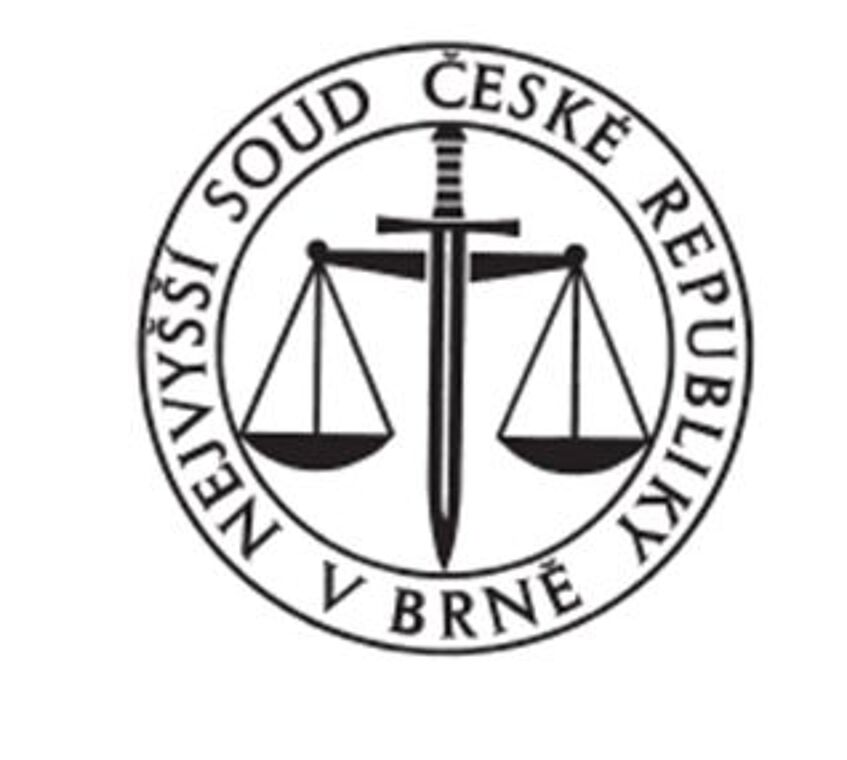
Seated in Brno, the Supreme Court of the Czech Republic is the highest judicial authority both in civil and criminal matters, excluding those issues dealt with by the Constitutional Court of the Czech Republic and the Supreme Administrative Court.
The Supreme Court is made up of the President of the Supreme Court, the Vice-President, Heads of Divisions, Chairmen of panels and other judges. The President and the Vice-President of the Supreme Court are appointed by the President of the Republic. Judges decide cases in accordance with their own consciences and are bound solely by the law.
As a rule, the Supreme Court sits in panels consisting of a Chairman and two judges or it sits in Grand Panels of the Divisions. Panels of the Supreme Court can refer a case to the Grand Panel of the Division, which must then decide it. A panel of the Supreme Court will do this if it holds a legal opinion that differs from a previous legal opinion already expressed in another decision of the Supreme Court.
The panels, made up of three members, have jurisdiction to decide on extraordinary appeal, on criminal cases, on complaints of the violation of law and on the recognition and enforcement of decisions issued by foreign courts on the territory of the Czech Republic, when this is required by a special legal regulation or an international agreement.
Each panel is headed by a Chairman responsible for organising its work, including the allocation of cases to each member of the panel.
The judges of the Supreme Court form Divisions according to their specialisations. At present, the Supreme Court has two Divisions, namely the Civil Law and Commercial Division and the Criminal Division. Each Division is presided over by a Head of the Division who manages and organises its activities.
To ensure the legality and consistency of the courts' decision-making, the Divisions analyze and evaluate the legally effective decisions of lower courts and generalize the information received. They submit proposals to the President of the Supreme Court to adopt standpoints on the courts' decision-making on particular matters referred to them by the Plenum. Upon the proposal of the Chief Justice, the Head of Division or the Grand Panel adopt standpoints, select judgments and decide on their publication in the Collection of Decisions and Standpoints. The Divisions hold their meetings in private.
The most important body of the Supreme Court is the Plenum, which consists of the President of the Supreme Court, the Vice-President of the Supreme Court, Heads of the Divisions, Chairmen of the Panels and other judges of the Supreme Court. Plenum sittings are held in private. The Plenum discusses the Supreme Court´s Rules of Procedure and, in the interest of the consistent decision-making of the courts, it adopts standpoints on the courts' decision-making on particular issues pertaining to both Divisions or to those disputable between the Divisions.
